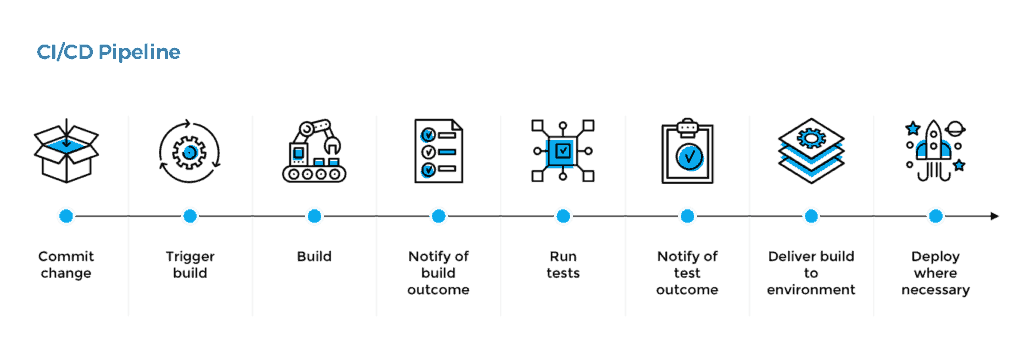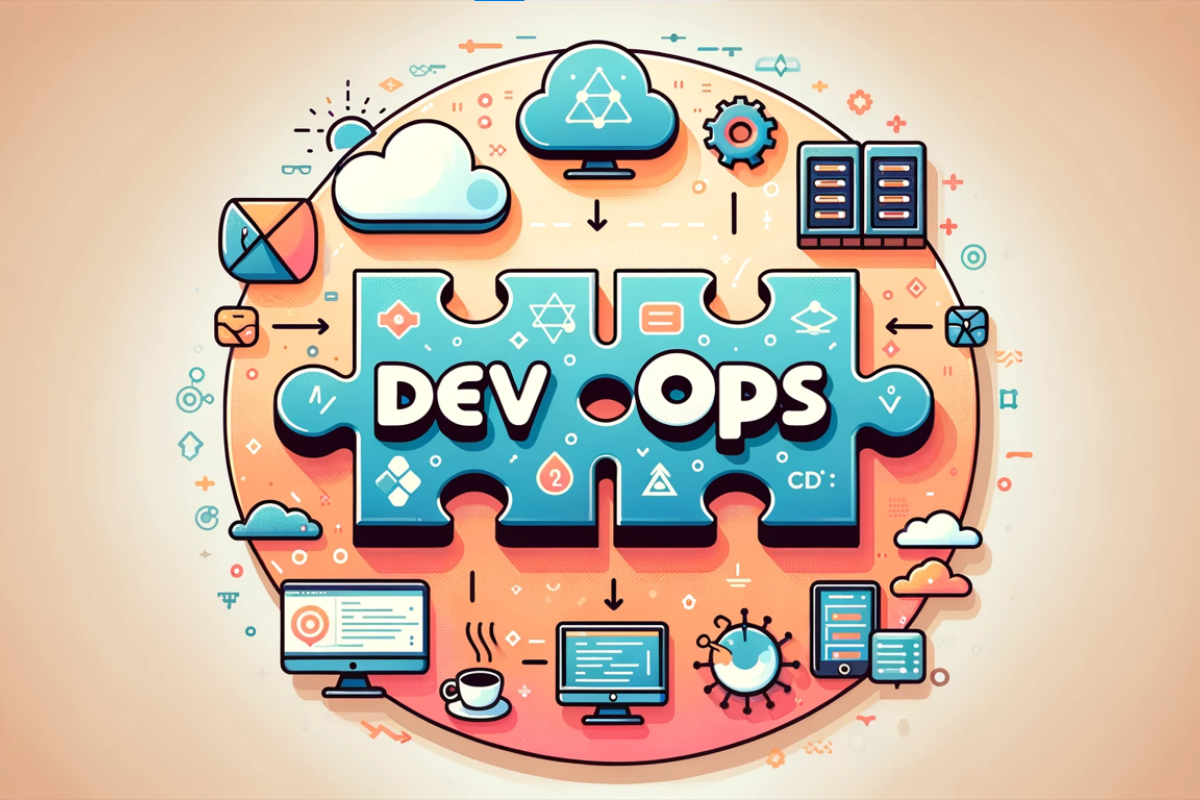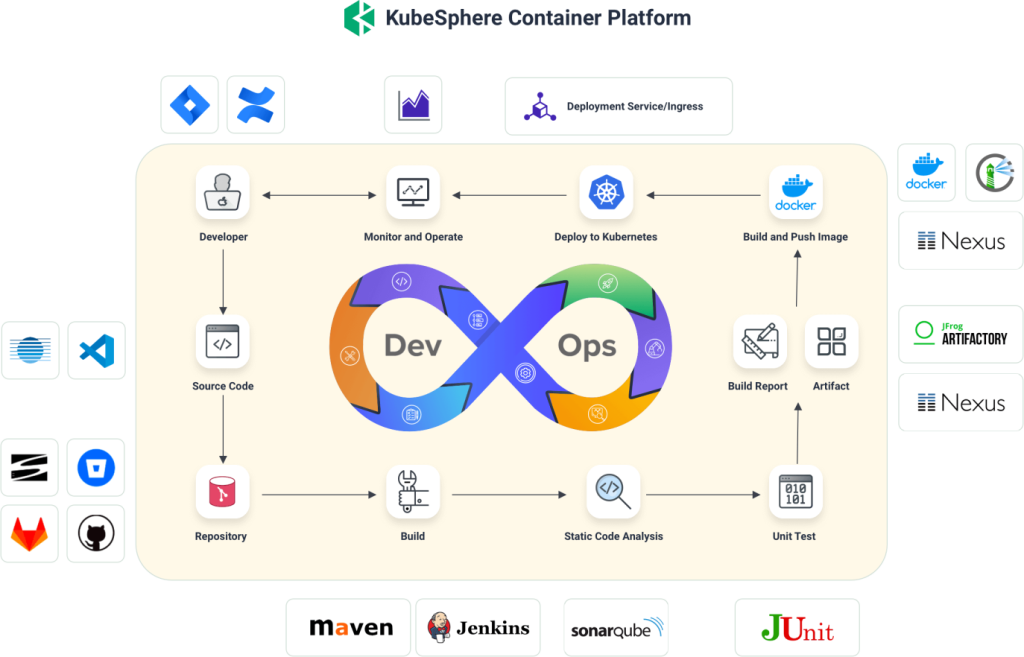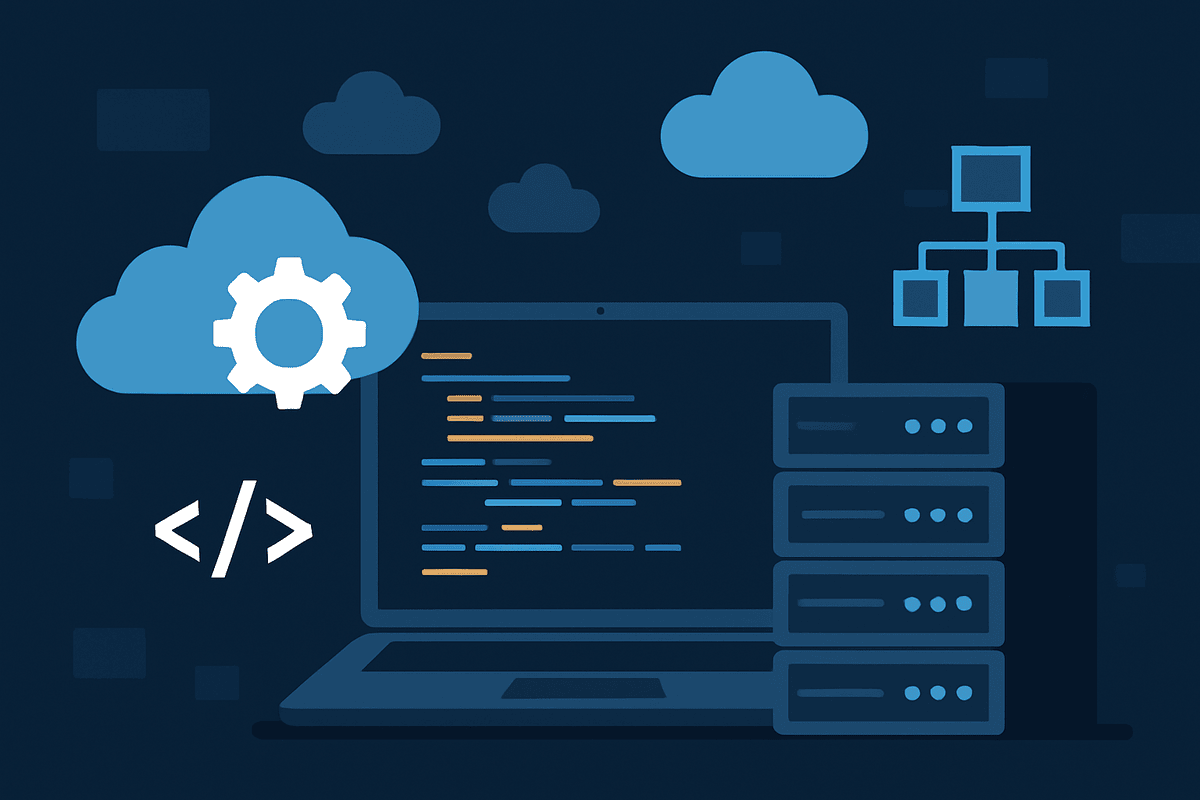Kubernetes for Ultimate DevOps Agility
Imagine orchestrating your software delivery like a maestro conducts a symphony, similarly Kubernetes ensures seamless harmony among your DevOps practices. At the heart of this orchestration lies containerization, offering teams the ability to package applications and dependencies into lightweight, portable units that can run consistently across various environments.
Kubernetes, as the preeminent container orchestration platform, elevates DevOps workflows by automating deployment, scaling, and management tasks with unparalleled efficiency. This integration not only enhances agility but also fosters collaboration, scalability, and reliability within software delivery pipelines. Understanding how Kubernetes empowers DevOps practices becomes paramount, driving organizations toward greater flexibility, efficiency, and success in their software delivery endeavors.
Understanding Kubernetes
Kubernetes, often abbreviated as K8s, is an open-source container orchestration platform that automates the deployment, scaling, and management of containerized applications. Originally developed by Google and now maintained by the Cloud Native Computing Foundation (CNCF), Kubernetes has become the de facto standard for container orchestration in cloud-native environments. At its core, Kubernetes provides a robust infrastructure for managing containers at scale, offering features such as automated scheduling, service discovery, load balancing, and self-healing capabilities.
DevOps with Kubernetes
DevOps is a cultural and organizational movement that aims to break down silos between development and operations teams, fostering collaboration, communication, and automation throughout the software delivery lifecycle. By combining principles from software development (Dev) and IT operations (Ops), DevOps seeks to accelerate the delivery of high-quality software products while improving efficiency, reliability, and scalability. When integrated with Kubernetes, DevOps practices can be further enhanced to streamline software delivery and enhance business agility.
Containerization for DevOps
Containerization is a foundational component of DevOps methodologies, empowering teams to encapsulate applications and dependencies within lightweight, portable containers. These containers ensure consistent execution across diverse environments, a key requirement for modern software delivery practices. Kubernetes, as a leading container orchestration platform, enhances DevOps workflows by automating deployment, scaling, and management tasks seamlessly. By leveraging Kubernetes’ capabilities, organizations can achieve:
1. Flexibility
Containers provide a flexible and modular approach to application development and deployment, allowing teams to iterate quickly and adapt to changing requirements.
2. Scalability
Kubernetes enables the dynamic scaling of containerized workloads based on demand, ensuring optimal resource utilization and performance.
3. Efficiency
Automation and orchestration features streamline DevOps processes, reducing manual effort and improving overall efficiency in software delivery pipelines.
Continuous Integration (CI) and Continuous Delivery (CD) with Kubernetes
Continuous Integration (CI) and Continuous Delivery (CD) are essential components of DevOps, facilitating the rapid integration of code changes into a shared repository and automating the deployment of software releases to production environments, respectively. Kubernetes serves as a powerful ally in optimizing both CI and CD workflows by providing:
- Scalable Infrastructure: Kubernetes offers a scalable and reliable infrastructure for running CI pipelines, ensuring consistent performance and availability. This scalability allows teams to handle varying workloads efficiently, accommodating changes in demand without compromising performance.
- Isolation: Containers in Kubernetes provide isolated environments for executing tests, preventing dependencies or conflicts between different CI tasks. This isolation ensures that each CI task runs in its own environment, maintaining the integrity of the testing process and reducing the risk of interference from other tasks.
- Declarative Configuration: Kubernetes’ support for declarative configuration management enables CI pipelines to be defined as code, promoting consistency and reproducibility across environments. By defining CI pipelines as code, teams can version control and automate the configuration of their CI workflows, reducing manual effort and ensuring consistent results across different environments.
- Deployment Strategies: Kubernetes provides built-in support for blue-green deployments, canary releases, and rolling updates, enabling safe and efficient software deployments in CD pipelines. These deployment strategies allow teams to minimize downtime and risk during the deployment process, ensuring a seamless transition between different versions of applications.
- Declarative APIs: Kubernetes’ declarative APIs and automation capabilities enable DevOps teams to define and manage CD workflows with ease. By leveraging Kubernetes’ declarative APIs, teams can specify the desired state of their applications and infrastructure, allowing Kubernetes to handle the deployment process automatically. This automation streamlines the CD process, reducing manual effort and ensuring consistent and reliable deployments.

Implementing Infrastructure as Code (IaC) with Kubernetes
Infrastructure as Code (IaC) is a fundamental practice in DevOps, allowing teams to manage infrastructure configurations programmatically using version-controlled code. Kubernetes facilitates IaC through manifests, written in YAML or JSON, which define the desired state for infrastructure and application components. These manifests enable automation and reproducibility, ensuring consistent deployment across different environments.
Kubernetes further streamlines IaC by automating the provisioning and configuration of resources, promoting consistency and enforcing best practices across development, testing, and production environments. With Kubernetes, organizations can achieve greater efficiency and reliability in managing infrastructure, driving consistency and scalability across their software delivery pipelines.
Conclusion
In conclusion, the integration of Kubernetes into DevOps practices has proven to be transformative, particularly in areas such as Continuous Integration (CI), Continuous Delivery (CD), and Infrastructure as Code (IaC). By leveraging Kubernetes, organizations have streamlined their software delivery pipelines, enhanced collaboration between development and operations teams, and achieved greater agility and efficiency in managing infrastructure. Looking ahead, the future of Kubernetes in DevOps holds even more promise. As Kubernetes continues to evolve and mature, we can expect to see further advancements in areas such as scalability, security, and automation.
Additionally, Kubernetes is likely to play a central role in the adoption of emerging technologies such as serverless computing, edge computing, and AI/ML integration, enabling organizations to stay ahead of the curve and drive innovation in their software delivery practices. As organizations continue to embrace DevOps principles and Kubernetes, they will be better positioned to navigate the complexities of modern software development and deliver value to their customers with greater speed and reliability.









